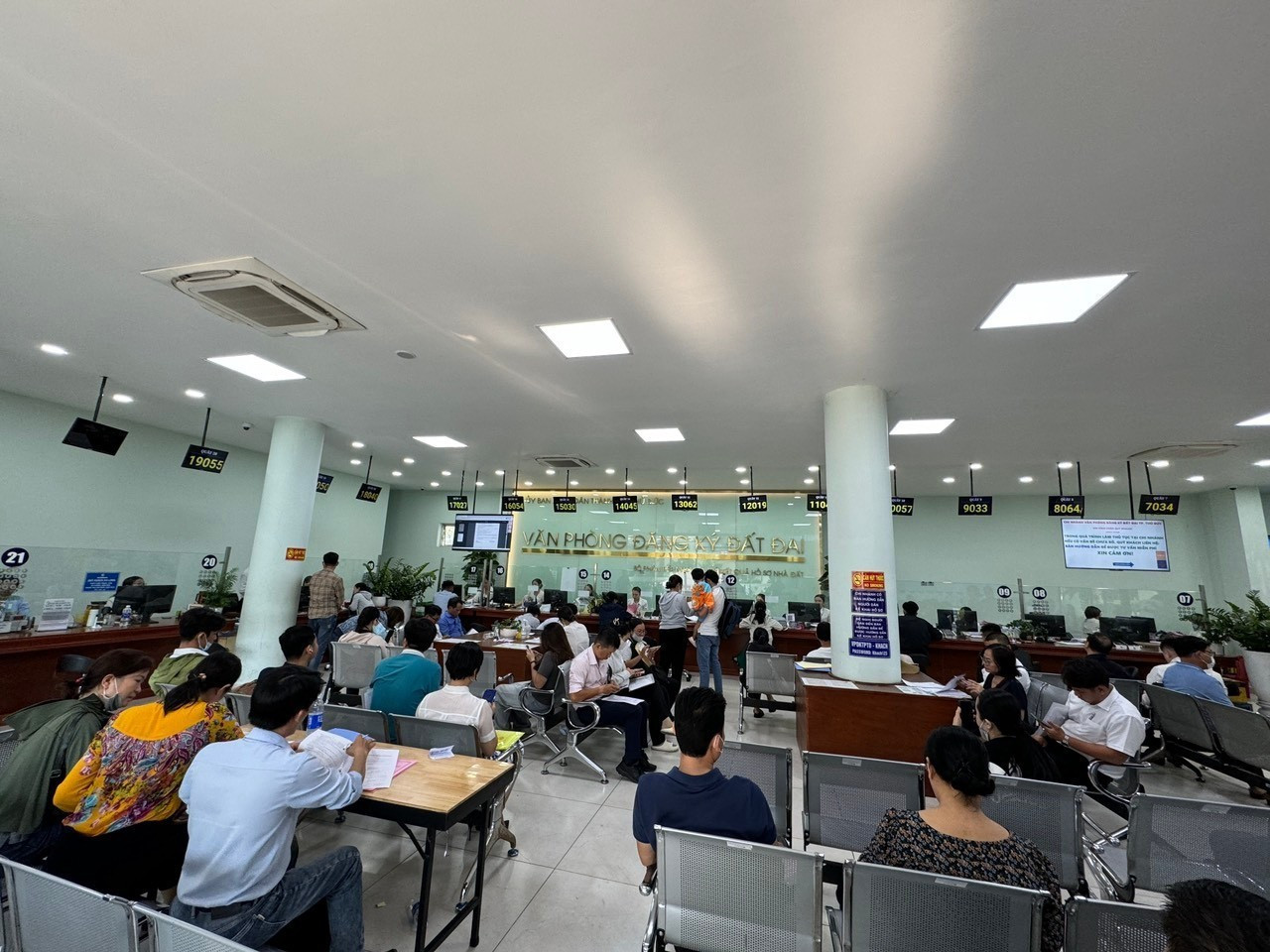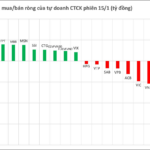On October 13, the Ho Chi Minh City Institute of Natural Resources and Environment Economics submitted a proposal to the Standing Secretariat of the Party Central Committee, the Prime Minister, and the Ministry of Agriculture and Environment. The proposal advocates for retaining the current model of Land Registration Office Branches.
According to the document, local authorities at two administrative levels are facing significant challenges due to staff unfamiliarity with new policies. While the new model provides stability, many aspects still require time to align with relevant laws.
Notably, the 2024 Land Law mandates the digitization of land data. Currently, local governments are initiating a 90-day census of land databases, as coordinated between the Ministry of Public Security and the Ministry of Agriculture and Environment.
Eliminating Land Registration Office Branches by October 15, 2025, and transferring land procedure responsibilities to commune-level authorities would create substantial obstacles.
The Institute cites Ho Chi Minh City as an example, where post-merger data refinement and administrative boundary adjustments are underway to cleanse land data within 90 days. Simultaneously, land data digitization, including plot and parcel numbers, is being integrated into the national database.
Until the national land data is fully digitized and accessible via VNeID, delaying the transfer of Land Registration Office Branch responsibilities to commune authorities is essential. This delay is particularly crucial for cities with extensive datasets, such as Ho Chi Minh City and Hanoi.
Additionally, Land Registration Office Branches are self-funded entities with significant outsourced staffing to meet public needs. Commune authorities, already undergoing staff reductions and budget cuts, would struggle to absorb these responsibilities without increased personnel and funding.

The Ho Chi Minh City Institute of Natural Resources and Environment Economics advocates for retaining the current model of Land Registration Office Branches.
The Institute recommends delaying the termination of Land Registration Office Branches until the national land database is fully digitized. This would enable commune authorities to more effectively serve citizens regarding land procedures.
Implementing the transfer in October 2025 would strain infrastructure, data accessibility, and personnel expertise, ultimately inconveniencing citizens.
Previously, the Land Management Department’s Party Committee submitted a proposal to the Party Committee of the Ministry of Agriculture and Environment. The proposal aims to integrate Land Registration Offices into the two-tier local government structure. Currently, 34 provinces have established 703 Land Registration Offices under their respective Departments of Agriculture and Environment.
The Land Management Department proposes transferring the authority and responsibilities of branches to commune-level authorities, terminating branch operations, and delegating functions in accordance with current laws.
Two options are presented. Option 1 involves communes establishing public service units to assume branch responsibilities. Option 2 delegates land certificate issuance and change confirmation authority to commune chairpersons, who may further authorize land management agencies based on local conditions.
The Land Management Department favors Option 2 for its feasibility, alignment with government streamlining goals, and support for decentralization and the “one level, one agency” principle in land registration.
Proposed Relocation of Land Registration Offices to Commune-Level People’s Committees
The Land Management Authority proposes transferring the functions and duties of the Land Registration Office to the commune-level land management agency. This consolidation aims to establish a single, unified authority responsible for handling all land-related procedures for both citizens and businesses.
Critical: When Banks Firmly Reject Mortgage Applications Backed by Land Titles
With the enactment of the 2024 Land Law, the process of mortgaging land-use rights certificates (red books) will be subject to stricter regulations and detailed provisions.


















